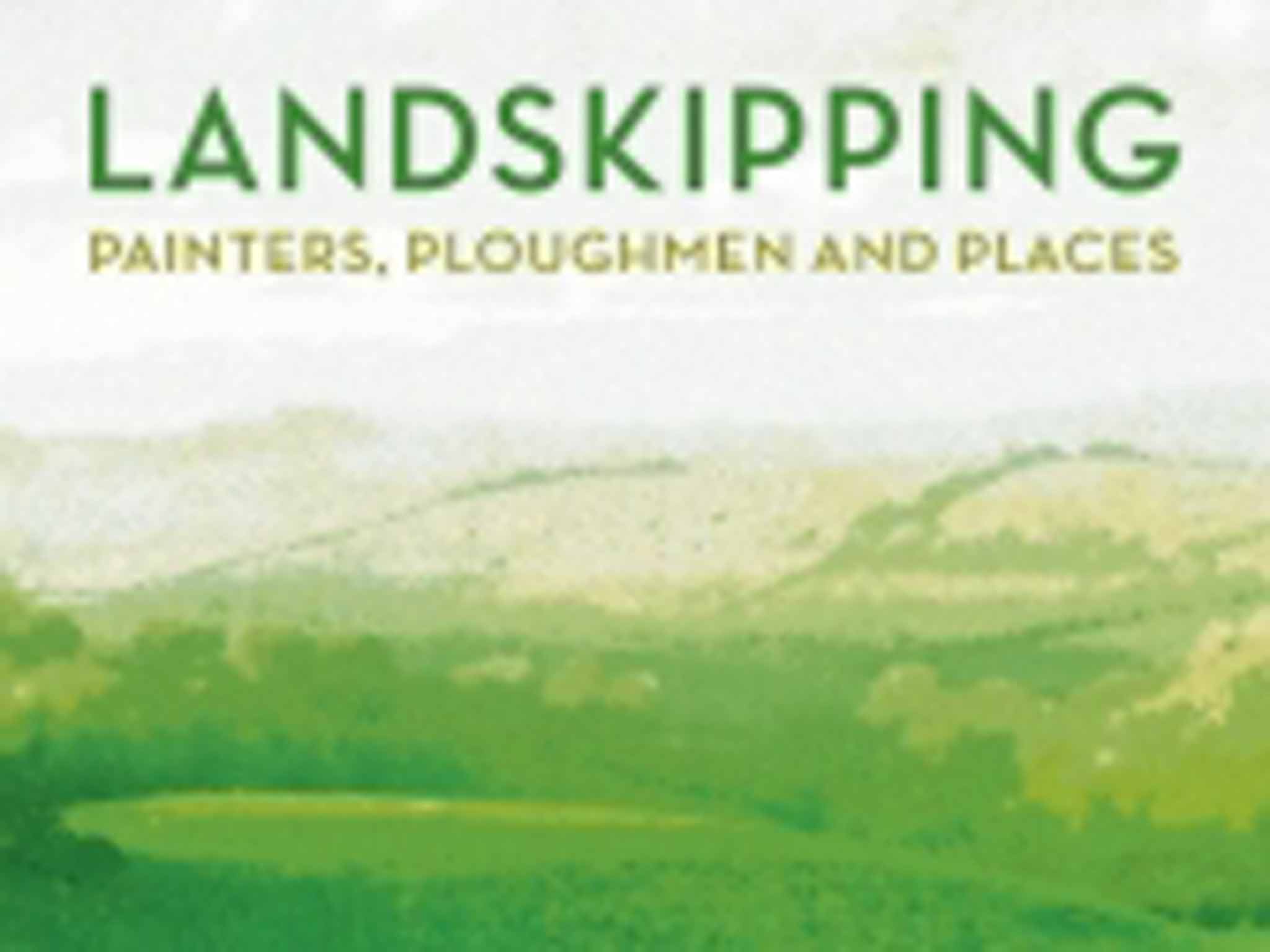Landskipping, by Anna Pavord - book review: An evocative but unsentimental picture of Britain
It is the increasing uniformity of Britain, from the grubbing up of ancient verges to the nationwide carpet of oilseed rape, that particularly dismays Pavord

Anna Pavord, a perennial pleasure of The Independent since its launch, has also produced a series of volumes with steadily broadening focus. From her magnum opus The Tulip, she has moved on to plant nomenclature, the gardener's year and now the British landscape.
Landskipping, taking a patchwork form, is primarily concerned with aesthetics and agriculture. We learn that the Lake District was “one of the first places in Britain where people went for no other purpose than to look at the view”. Some of the more bizarre aspects of tourism were evident even in these early days. Though the elderly Wordsworth is pooh-poohed for his antipathy to railways, there is a still accuracy in his perception that most “pleasure-hunters think they do not fly fast enough through the country they have come to see”.
Similarly, when the poet Thomas Gray visited the Lakes, he utilised a visual device known as the Claude glass, a tinted mirror that “corrected” the landscape. Pavord notes that this mediation of the view is similar to the obsessive snapping of today's tourists: “It seems to be the photograph of a landscape that tells them they have seen it, not the landscape itself”.
Moving on to farming, it is a joy to read of the splendidly opinionated William Cobbett, whose Rural Rides (1830) is echoed by Pavord. While he insisted, “Those who travel on turnpikes know nothing of England”, she feels a sympathetic pang when catching a brief glimpse of Stonehenge while driving home on the A303. “It seems disrespectful to flash by like this”.
Her literary perambulation encompasses ovine love life (the block of wax crayon attached to rams in order to denote which ewes have been tupped is called a “ruddle”), bracken (“an ancient enemy… colonises land at hideous speed”) and Thomas Hardy's self-designed house in Dorchester (“staggeringly ugly”). Among her delights are the evocative names of commons (Poor's Wood, Free Heath, Goose Marsh), but she dispels the myth that “such land belongs to us all by right… This is not so. All commons are owned by someone, somewhere.”
It is the increasing uniformity of Britain, from the grubbing up of ancient verges to the nationwide carpet of oilseed rape, that particularly dismays Pavord. “Our landscape, with its subtle, various, engaging, mesmerising beauties, has been reduced to a series of 'environments'.” Anyone who loves the variety and idiosyncrasies of the British countryside will relish this poignant celebration.
Bloomsbury £20. Order for £18 (free p&p) from the Independent Bookshop: 08430 600 030
Join our commenting forum
Join thought-provoking conversations, follow other Independent readers and see their replies
Comments